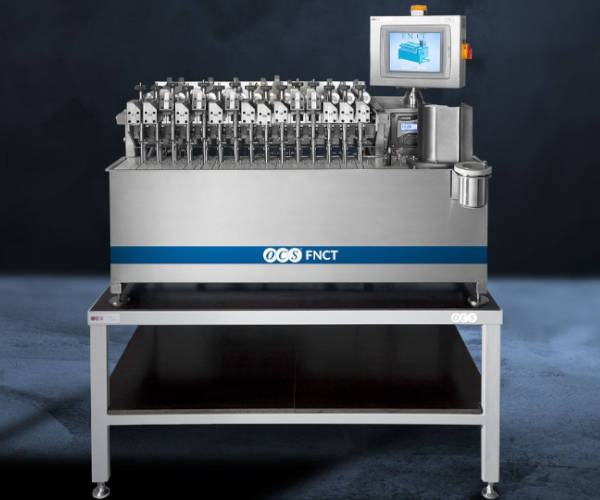REQUEST A QUOTE / ENQUIRY FORM
- 15 sample stations with independent tensile stress adjustment and data acquisition
- Load application through easily adjustable lever weight system
- Precise adjustment of tensile stress through electronic force sensor
- Uniform bath temperature control through extensive bath insulation
- Exhaust air connections for targeted vapour extraction
- Continuous pH value measurement with adjustable warning and alarm thresholds
- No time limit on test times, time resolution: 1 second (real time)
- Operation via touch panel with data trend as well as optical and acoustic alarm functions
- High chemical resistance of the material used (stainless steel)
| Tensile force range (infinitely variable pull arm system with 115–315 N) | 2.5–6.5 MPa for samples 10 × 10 × 100 mm with notch depth of 1.6 mm |
| 15–40 MPa for samples 6 × 6 × 90 mm with notch depth of 1.6 mm | |
| Force measurement | Electronic force sensor with a resolution of 0.01 N |
| Fluid volume | Approx. 55 l |
| Level control | Stainless steel float sensors and magnetic valves |
| Inlet pressure range for the supply of demineralised water | 0.2–8 bar (3–116 psi) |
| Communication protocol | MODBUS (RTU, TCP/IP), PROFIBUS, PROFINET, OPC (Server/Client), CSV file, customer-specific |

